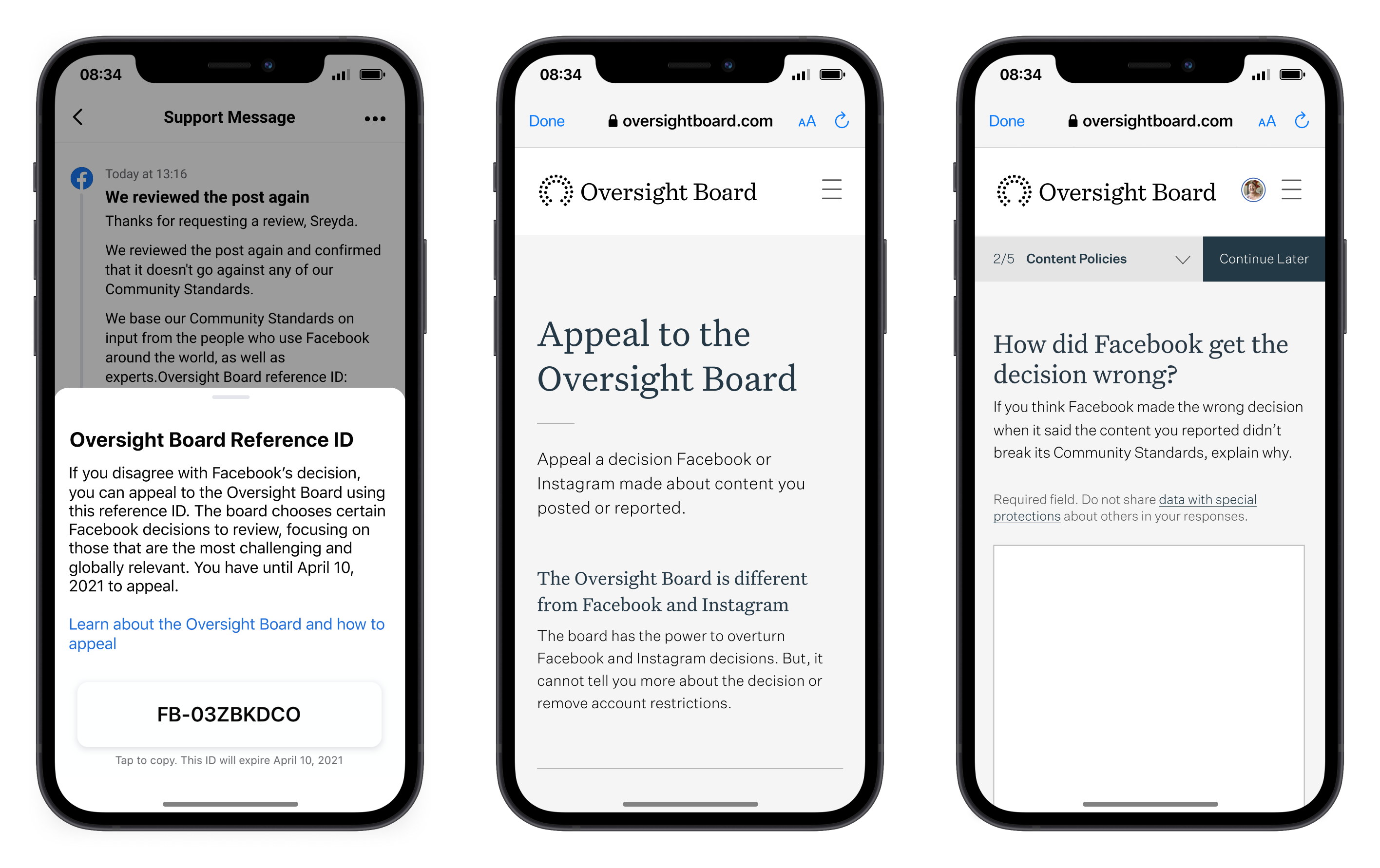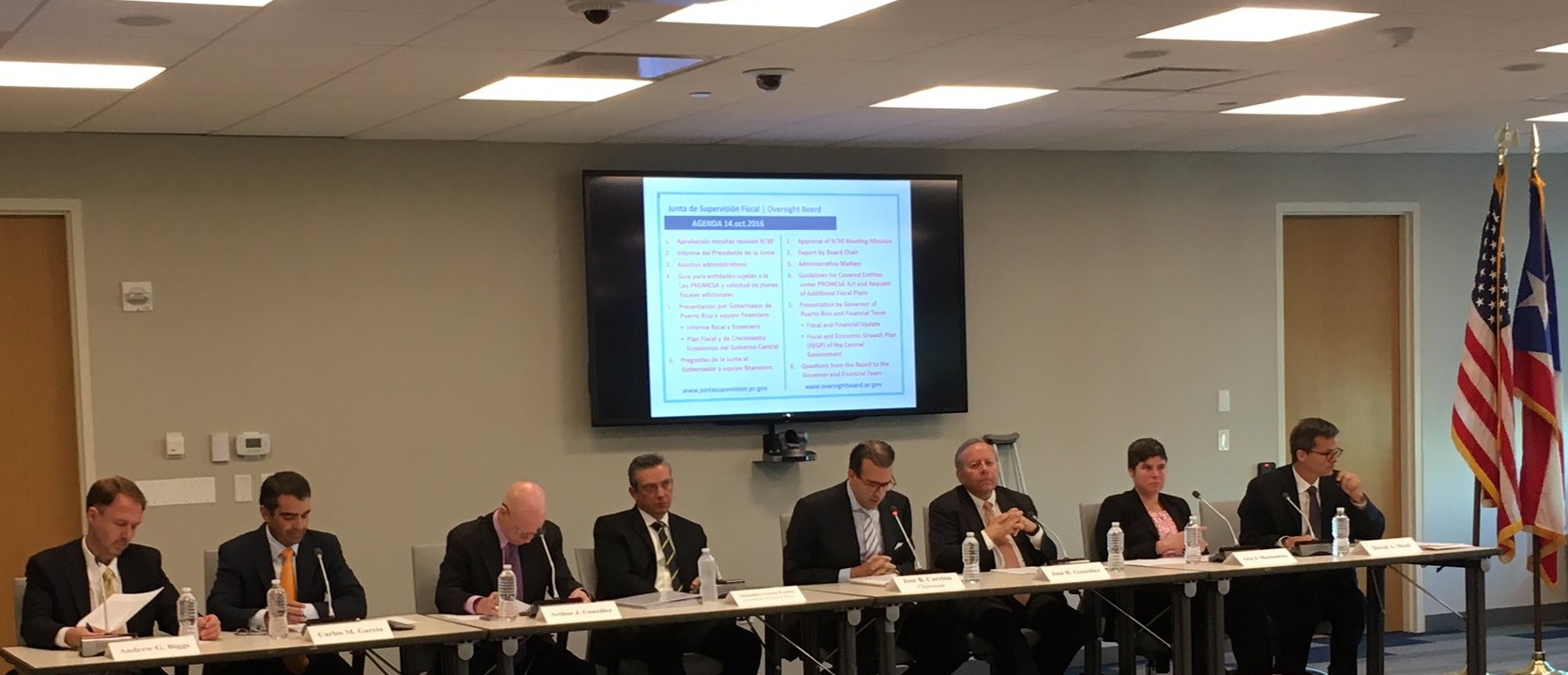
Among the Board’s members are Tawakkol Karman, a Nobel Peace Prize-winning Yemeni activist, and Alan Rusbridger, the former editor of Britain’s Guardian newspaper. A co-chair, Helle Thorning-Schmidt, is a former Prime Minister of Denmark. In May 2020, that body came to life in the form of the Facebook Oversight Board. In 2018, Zuckerberg floated plans to set up a body that would be a kind of Supreme Court overseeing Facebook’s rules, staffed by an independent body of experts.
#Oversight board q1broxmeyer aboutfacebook how to#
Here’s How to Build a Fairer Digital Future Read more: Big Tech’s Business Model Is a Threat to Democracy. “They actually want to be told what to do.” “Platforms have never wanted to be in a position of having to make controversial decisions,” says Weitzner, who in the 1990s was involved in drafting Section 230, the federal law that defines how platforms are held accountable for content. (Facebook said Clegg was unavailable for an interview for this story.) “Those norms don’t exist, and in the meantime we can’t duck making decisions in real time,” Facebook’s vice president for global affairs, Nick Clegg, told the New York Times on Monday. But in lots of places, government rules still aren’t tailored to legally enforce the removal of online threats, especially in countries like the U.S.

“I think everyone would benefit from greater clarity on how local governments expect content moderation to work in their countries,” Zuckerberg wrote in 2018. “They’re not going to accept the Facebook Oversight Board’s legitimacy if they don’t like the result.”įor years, Facebook has said it’s uncomfortable that it alone has the power to grant or deny access to one of the world’s information superhighways-and the attention that those kinds of decisions inevitably bring. “We’re dealing with a significant proportion of registered Republicans who question the legitimacy of the Biden Administration,” says Weitzner, who served in the Obama White House. The question of Trump’s continued access to Facebook is especially thorny for the company, given the polarized political landscape. “Over time, if this body makes decisions that are seen as reasonable, and Facebook follows them, I think they’ll become a part of the landscape.” “The ambition for the Oversight Board is for it to have a quasi-judicial role, and the key thing about any judicial institution is it has to have legitimacy to earn deference,” says Daniel Weitzner, the director of MIT’s Internet Policy Research Initiative. and E.U., where legislative efforts to rein in Big Tech are on the cards.


The decision will be watched particularly closely in the U.S. The Oversight Board’s ruling on the Trump case will be a defining moment for Facebook, perhaps the biggest test yet of whether the company’s attempts to regulate itself can gain legitimacy in the eyes of ordinary people and lawmakers around the world.


 0 kommentar(er)
0 kommentar(er)
